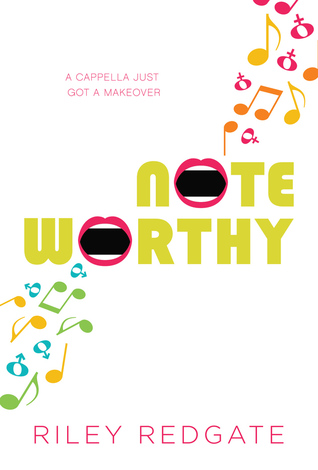This is an angry book. In the author’s notes, Milan mentions she had to re-write certain plot points because she intended to publish shortly after Brett Kavanaugh’s hearings. If I were to re-read the book with that in mind, I’m sure I would be able to earmark specific passages that hark back to the treatment of Christine Blasey Ford during those hearings. We feel the powerlessness of Violetta in the face of being fired by a man so he could get out of paying her a pension, and then being thrown to the whims of a character most often referred to as the Terrible Nephew. We then see the ease with which said Terrible Nephew is able to manipulate other people to those selfsame whims, simply by invoking the Old Boys’ Club he is a member of. It is infuriating, more so because it still happens today.
Of course, Bertrice has a tendency to ignore or bulldozer men around her as much as possible (or as the situation calls for, if you were to ask her), and she is allowed this luxury because of the huge sum of money that belongs to her. Even she is often stymied by the Nephew, and there is a moment where the Nephew intends to have her declared incompetent. Personally, I cannot think of anything worse than being legally made so powerless that you are no longer allowed to make any decisions for yourself, even (or especially) when the story is already set against a historical backdrop where women are made heavily dependent and reliant on men (unless you become a ‘surplus’ women like Violetta, an intriguing concept unknown to me before this book and one Milan explains in a bit more detail in her notes).
Obviously, the story does not allow for such an ending. This is a romance, and we read romances to make ourselves feel better despite the world we live in, and that requires a happier ending than one where a main character is stripped off all her rights. So instead Violetta and Bertrice fall in love, and have a sex scene (this is also why we read romance novels, don’t lie). It is a lovely scene, if a bit brief. While the descriptions do take into account the age of the characters, it is never presented as a positive or a negative–it just is. It is a sweet scene, and a lovely counterpoint to the exuberant antics the two get up to outside of the house (Bertrice is a pro at practical jokes with the purpose to rid themselves off the Nephew problem), as well as that background of ever-present patriarchy.
The taste of it still lingers though, and this is where my slight hesitancy towards the book stems from. I read historical romances for escapism where possible. I can see the paradox in preferring Regency romance with its rampant patriarchy for my escapism. Even so, with a hetero pairing the author will often use that background to make their male leads look great in comparison (usually by clearing the lowest of bars, and occasionally they are still overbearing in their protectiveness). I haven’t before read a book where it is presented as it is here: pervasive and all-consuming and nigh insurmountable. In this story, the enemy is not just the patriarchy as embodied by a singular character to be beaten, the whole system is the enemy. And that was too big a shadow for me to be able to properly escape into the book.


